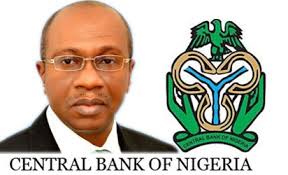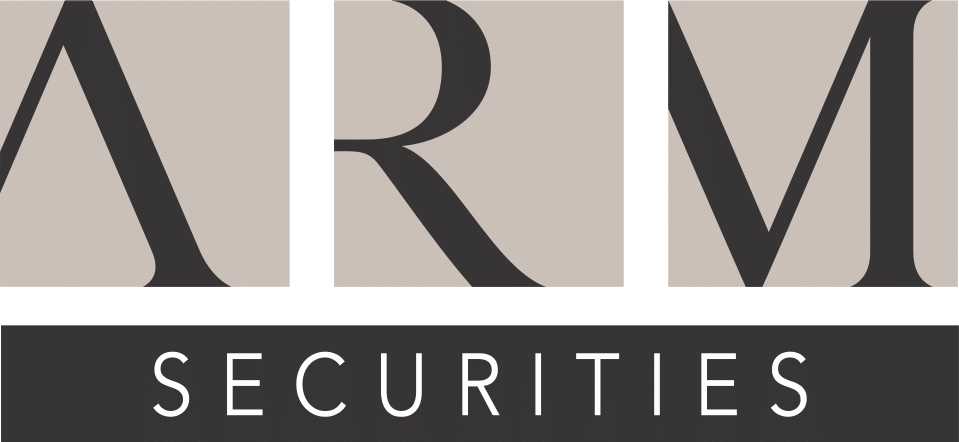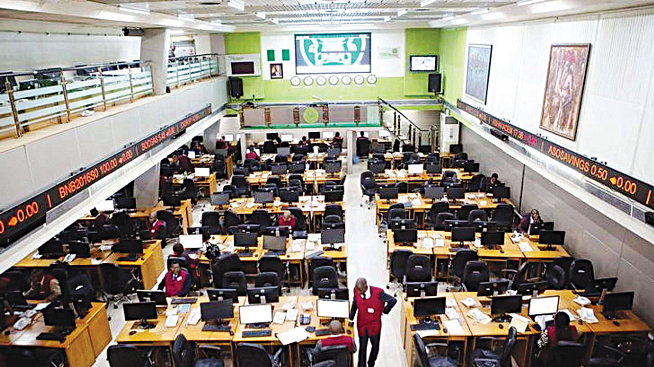‘How CBN’s new dividend policy rules shield banks from collapse’

As the 2017 audited financial statements of banks have started rolling in, the Central Bank of Nigeria (CBN), through a revised rule, has stopped the payment of dividends to shareholders by deposit money banks and discount houses with huge bad loans, and a low capital base.
The development, Daily Times learnt, was informed by rising non-performing loan profile of a few institutions, triggering threat to the nation’s financial system.
The new rule which places banks in four categories based on Capital Adequacy Ratio (CAR) and Non-Performing Loan (NPL) gives indications that against expectations of many shareholders, more banks may not be positioned to pay dividend for the financial year ended 31 December, 2017.
For category I, the rule provides that here shall be no regulatory restriction on dividend pay-out for Deposit Money Bank (DMBs) and Discount House (DHs) that meet the minimum capital adequacy ratio (CAR), have a Composite Risk Rating (CRR) of “low” or “moderate” and an NPL ratio of not more than 5%.
However, it is expected that the board of such institutions will recommend pay-outs based on effective risk assessment and economic realities.
For category 2, the law provides that DMBs and DHs that have CARs of at least 3 per cent above the minimum requirement, CRR of “Low” and NPL ratio of more than 5 per cent, but less than 10%, shall have dividend pay-out ratio of not more than 75 per cent of profit after tax.
The third category targets DMBs and DH that meet the minimum CAR , but have a CRR of “Above average” or NPL ratio more than 5% but less than 10%, allowed to effect dividend pay-out ratio of not more than 30 per cent.
The fourth category are for any DMB or DH that does not meet the minimum CAR of 15 per cent applicable to banks with international authorisation and Systemically Important Banks (SIBs) and CAR of 10 per cent applicable to other banks shall not be allowed to pay dividend.
It further stated that “DMB and DH that have CRR of “High” or NPL ratio of above 10 per cent shall not be allowed to pay dividend”
Currently, the non-performing loans ratio threshold for all banks is 5%, while the capital adequacy ratio threshold for systematically important banks and banks with international subsidiaries stands at 15% and 10% .
While CAR limit for systemically important bank was to be increased to 16% in July 2016, plans appear to have been deferred due to significant pressures the Banking sector was facing at the time.
Experts were of the opinion that for the apex bank regulator to come out with the new rule, there may be increasing sustainability threats on Nigerian financial systems of which the CBN ostensibly is committee to nipping in the bud.
In wielding the big stick, the Central bank of Nigeria (CBN) has not only strengthened effort at protect depositors’ funds, but ensuring that the financial system is not further threatened to trigger a systemic panic.
it would be recalled that The Nigeria Deposit Insurance Corporation (NDIC) had earlier exposed that as at September 2017, the banking industry’s NPLs had peaked at 15.18 per cent after rising 50 per cent to ₦2.4 trillion from ₦1.6 trillion in December 2016.
This and the alarm raised in late 2017 by Agusto & Co which warned of an impending crisis in the Nigerian banking industry, may have triggered recent action by the CBN, which rules on how and when dividend should be paid by banks.
The financial research firm then warned that unless stakeholders and policy makers in the sector adopt time -tested values to cushion risks in the industry, the danger might snowball to eventual system collapse tied to systemic important financial institutions.
Agusto & Co had noted that the undue concentration of banks impaired loans to oil and gas could weaken the CAR and CRR of Nigeria’s top five banks, hence crude, like most other commodities has boom and bust cycles , which are quite difficult to predict, the report stated.
As build up to the latest dividend rule by the CBN, It would be recalled that recently, the apex bank had urged the House of Representatives to amend the Banking and Other Financial Institutions Act (BOFIA) laws, to empower it to revoke licences of erring banks and also nod to be able to inject funds in an ailing bank.
Again, concerned on the rising threat to financial system stability and rate banks violate laws in preference to payment of stipulated fines, Chairman of the House committee on Banking and Currency, Honourable .Jones Onyereri recently at a hearing organised by the committee said the committee intended to raise the penalties for breaches by banks as part of the proposed amendment to BOFIA Act.
Such increases on fines to be paid buy dissident banks, Onyereri said include, “a fine of N20 million on banks that failed to comply with the conditions of the licence, a fine of N20 million on any director that fails to declare any personal property that runs contrary to the Act.
newly proposed fines include “A fine of N10 million on a director or manager that fails to keep a book of account and a fine of N2 million on banks that fail to publish its annual report of its general meeting in two reputable national dailies, among others”
Probable increase in monetary sanctions, the lawmaker said, would position banks and their directors to align with international best practices, a development which synchronises with the CBN new rule to further strengthen searchlight on capital adequacy ratio (CAR) and none performing loan (NPL).
SBM Intelligence, a research analyst company, in its report on the CBN’s new rule, noted in a report subtitled: “Rising NPLs & crumbling capitalisation throw CBN into a frenzy ,” pointed that if the banks have provisioned for the loans, such huge profit declaration may possible.
“’In Nigeria, a pattern has emerged where profits are privatised, while losses are shared by the public” the report pointed.
It however noted that while there are reservations on CBN prescribing for banks on how profits should be handled, the apex banking regulator may have erred in enforcing the enabling rules.
“We wonder if the necessary provisions for these loans have been made, should the banks be able to declare the profit level they currently do.
“The CBN’s minimum NPL threshold for banks is five per cent, but as of September 2017 , the banking industry’s NPLs had hit 15.18 per cent after rising 50 per cent to ₦2.4 trn from ₦1.6trn in December 2016, according to data from the Nigeria Deposit Insurance Corporation.
This perhaps will create an incentive with the owners of the banks to align the bank’s performance with depositors’ funds with their own returns”
Cordros capital in its report , noted that the implementation of IFRS 9 in 2018, which is estimated to pressure CAR by 100-200bps, could be a further hindrance to an increase in the dividend pay-out of most banks.
”With this said, we believe these restrictions may likely be more on Tier 2 banks given that most Tier 1 names have stronger capital positions and net -long foreign currency positions”.
The banks, the investment expert pointed out, may have deployed proactive measures as there remains a potential for banks to move the FX rate used for translating foreign currency positions closer to the Nigerian Autonomous Foreign Exchange rate (fixing at the Investors’ & Exporters’ FX window) as they publish FY 2017 results (from N305/NGN for most banks).
It added: “This could boost earnings and consequently CAR, there remains the likelihood of further provisioning on 9Mobile (formerly Etisalat), the sale of which has yet to be concluded.
” Irrespective of prevailing development in the sector, cross section of experts have maintained that banks with tradition of dividend payment would sustain the trend irrespective of the new rule.
”Those banks that pay dividend YoY surely will pay. They will make the profit backed by CBN’s CAR and NPL below threshold. Pointed a stakeholders who preferred anonymity.”
Bonny Amadi







